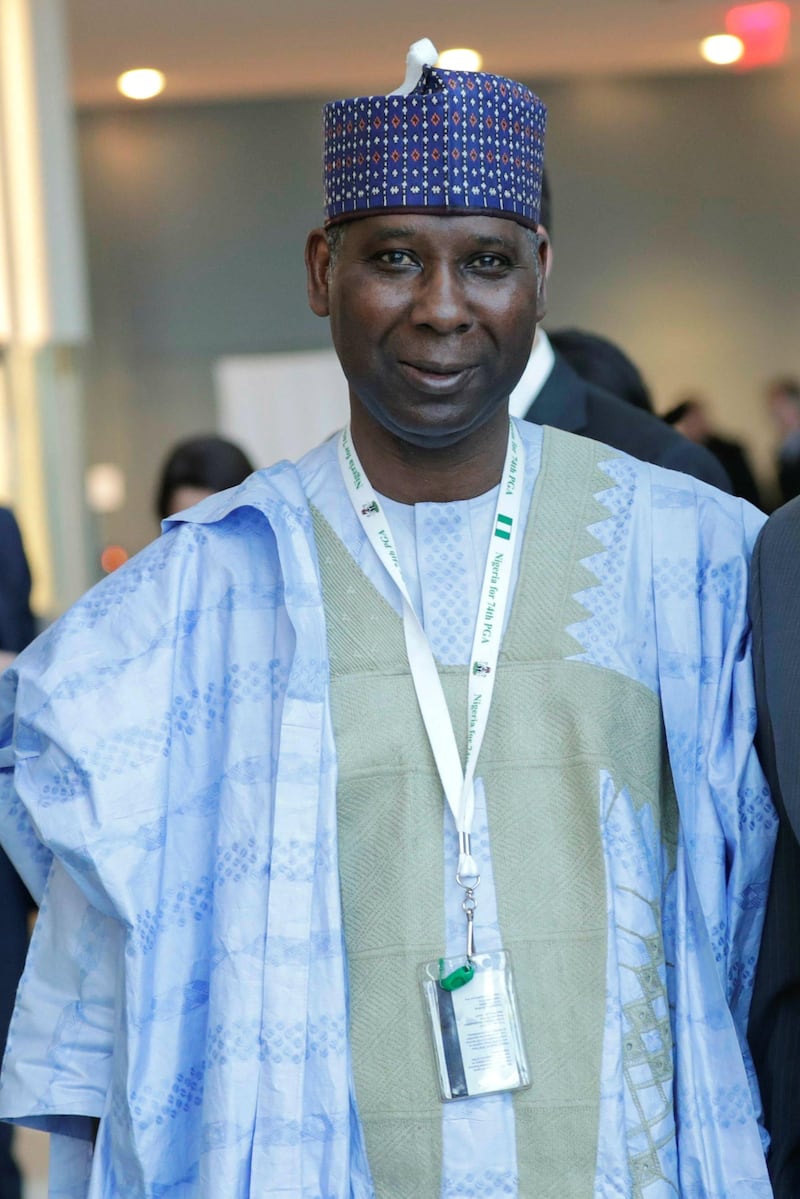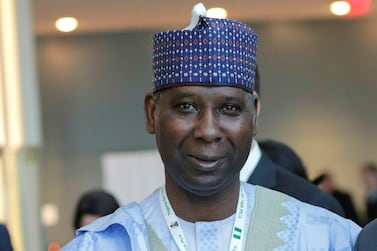Tijjani Muhammad-Bande will lead the UN and its member countries through the 74th session of the UN General Assembly this month.
The Nigerian diplomat and academic took over from Ecuadorian Maria Fernanda Espinosa as President of UNGA this month and will hold the position for a year.
Mr Muhammad-Bande holds a doctorate in political science and led Nigeria’s National Institute for Policy and Strategic Studies until 2016.
He is no stranger to the inner-workings of the UN. He served as vice-president to the General Assembly for its 71st summit in 2016 and as Nigeria’s Permanent Representative to the UN from 2017 until his election to lead UNGA in June.
The 61-year-old professor wants to reform the Security Council, making it a more democratic and efficient arm of the UN.
The 15-nation body has struggled to pass meaningful resolutions in the past few years, with permanent members China, Russia, France, the US and UK often at loggerheads.
“We have to have the reform, it is a democratic process. We have to continue and not lose sight of the goal, which is to have fair, just and quick reform of the Security Council,” he said in June.
In his first appearance as General Assembly President. Mr Muhammad-Bande laid out his areas of focus for the session of UNGA.
“Naturally every presidency will deal with peace and security issues, that is a permanent element for the United Nations,” he told the press on Tuesday.
“In the 74th session we are also prioritising poverty eradication, zero-hunger, quality education, climate action and education.”
The professor also pressed countries to share what concrete action they have taken to combat climate change and to share lessons learned with others at the UN Climate Summit on September 23.
This year's theme, which Mr Muhammad-Bande has set, is: “Galvanising multilateral efforts for poverty eradication, quality education, climate action and inclusion.”







